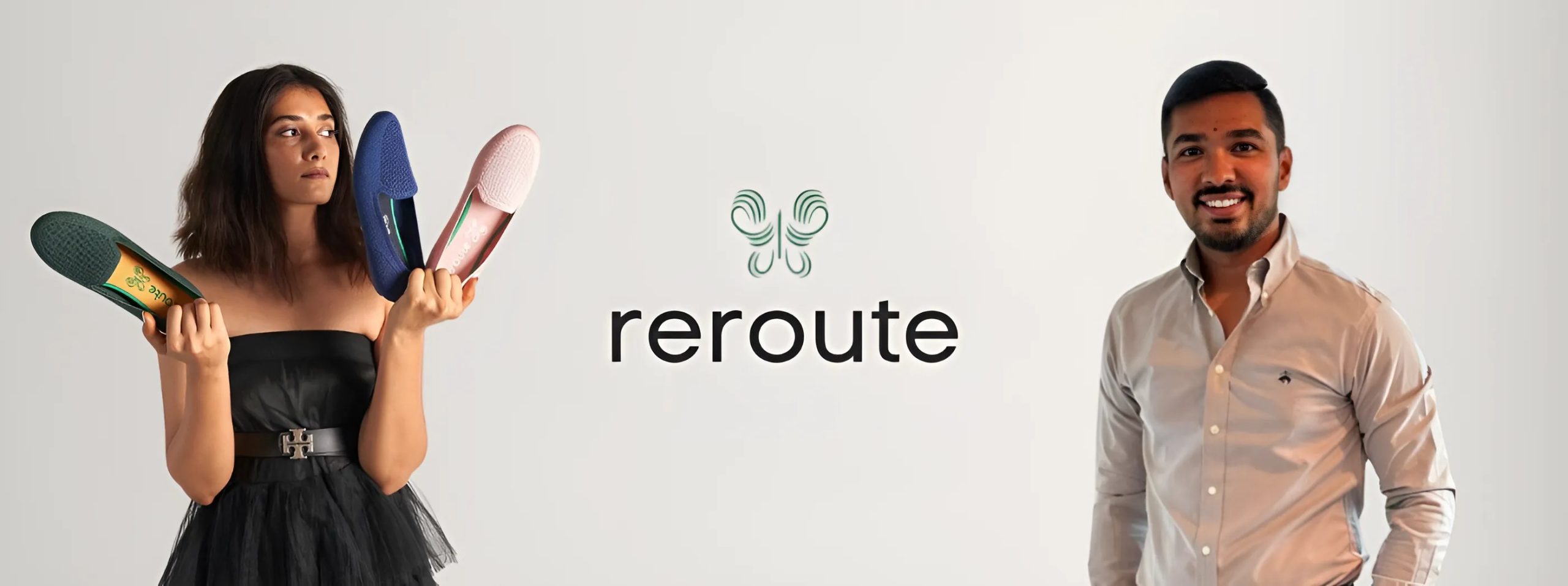- (February 27, 2023) Having spent his formative years in the US, Nirnith Devireddy developed some fundamental life skills early in life. Making friends real quick, networking and learning about the world through others experiences and cultures — were the most rewarding experiences during his schooling days.
An early headstart
- Business was always an area of interest for him. In ninth grade, he won the DECA Business Youth Leader award in 9th grade for a Marketing competition in Keller Middle school in Dallas, Texas. “The unique schooling curriculum and skills I picked up there contributed to my development as a global entrepreneur,” smiles Nirnith DeviReddy, Co-founder and Director of Ikiminds, a data-driven Bio-IT services firm, speaking to Global Indian.
-
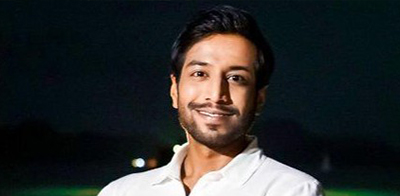
Nirnith Devireddy, co-founder, Ikiminds
How does Ikiminds work?
A subsidiary of US-based Adroitent Inc, Ikiminds transforms biological data into impactful insights and solutions in the healthcare, life sciences, pharmaceuticals and medtech sector.
“Solving specific domain-centric industry challenges like the collection and analysis of large volumes of biological data, explainability of outliers and impurities in drug development life cycle, and data security is at the core of our work,” explains the 31 year old, who launched Ikiminds in 2021.
The firm’s talent pool of data scientists, computational biologists, PhDs and domain experts are spread across their offices in Hyderabad and USA, serving over 50 clients globally.
After the FDA Modernization Act 2.0 was passed by the US government in 2023, paving the way for the industry to transition away from animal testing in clinical trials to other alternative approaches like modelling and simulation and insilico clinical trials, Ikiminds saw tremendous growth.
“We are at the forefront of providing these advanced modeling and simulation solutions and have created a platform for implementing and adopting these services by bringing in the best-in-breed partners,” says Nirnith, pointing to the firm’s strong capabilities in the virtual clinical trial space.
The company has delivered insilico models in multiple therapeutic areas like Oncology, Diabetes, Neurology, Vaccines etc. that can be customized to meet the needs of Pharma customers. Recently, Nirnith gave a presentation on present Modeling & Simulation & AI transformation in Pharma at the BioAsia 2023 conference in Hyderabad.
Early life
Born in Hyderabad in May 1991, Nirnith’s family moved to the US where he studied in different schools including Keller Middle School, Bear Creek Intermediate School, Ellis Elementary School and Shady Grove Elementary School. It gave him a unique school curriculum, which shaped his personality.
The family moved back to India in 2006 and Nirnith graduated high-school from the International School of Hyderabad. His father Srinath Devireddy is an Entrepreneur, Investor, and the current IT Advisor to the Government of Andhra Pradesh, his mother Supriya Reddy is an Interior Designer and Entrepreneur.
While his parents are a huge inspiration for Nirnith, his grandfather, late CC Reddy, who was a Government advisor, film producer, a successful global entrepreneur and Nandi award winner, played a key role in shaping his personality.
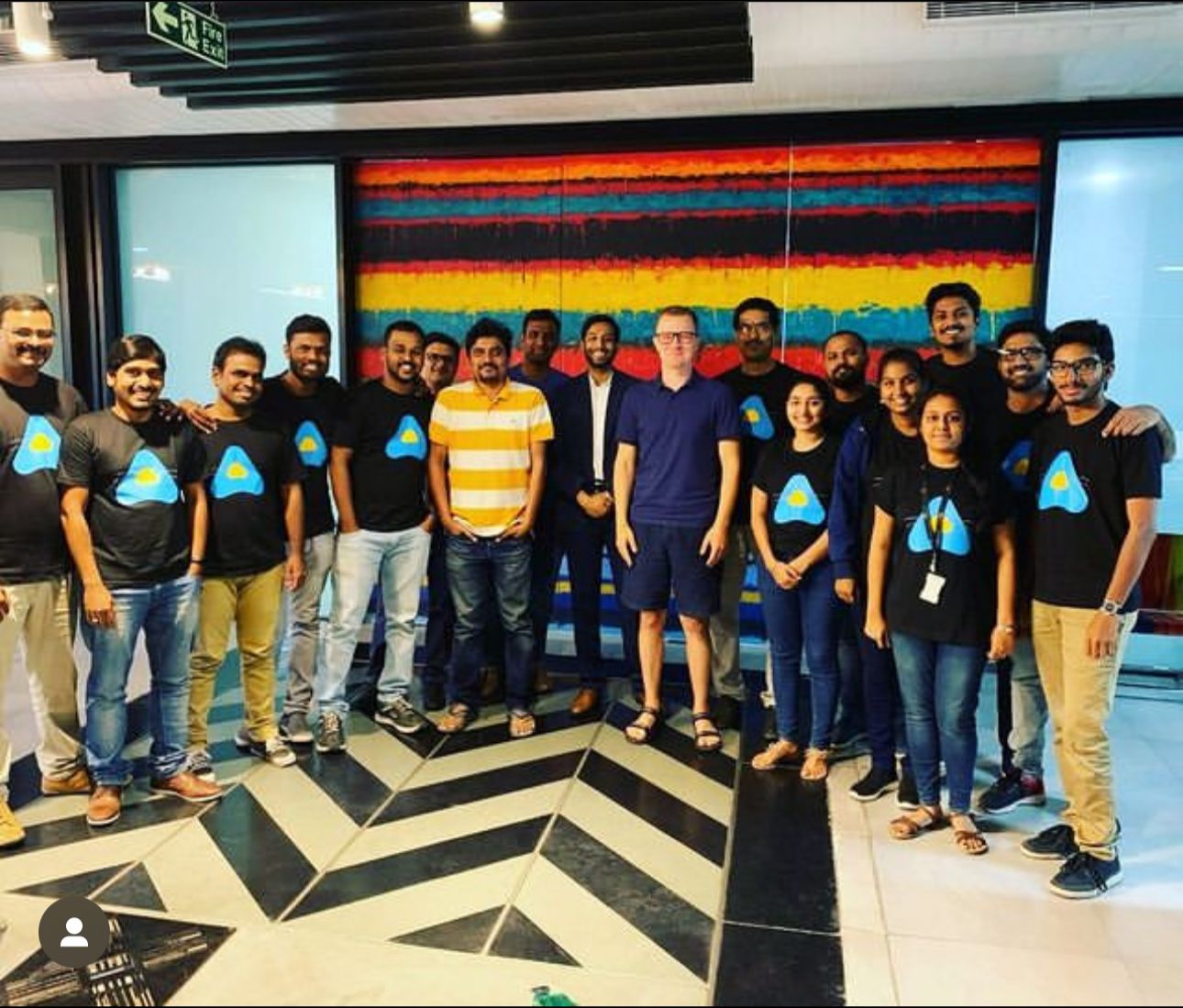
Back to America
It was in 2009 that the determined youngster returned to America to pursue BBA at Babson College, the world’s top entrepreneurship school. He graduated with a dual major in Technology, Entrepreneurship and Design (TED) & Environmental Sustainability.
The school’s ground-breaking curriculum allowed students including Nirnith to be a part of a class called Foundations of Management and Entrepreneurship to pitch business ideas, have two best voted on, and then split the class into two companies, where the college would provide a seed fund of $3000 dollars and a full semester to set up the business in the real world and conduct sales.
“Our company WriteOn was a peel-and-stick dry erase board material that can be customized as per branding and logos. We had the highest sales out of all the FME companies that year generating revenue of $12,000USD,” says a beaming Nirnith. The profits were given to a charity, as is the norm.
In 2013, after college, Nirnith moved to San Diego, California and worked at Qualcomm as a project analyst for three years. “It was an excellent start to my career as I was introduced to the corporate world and was part of some very interesting projects as I worked in the Customer Engineering team which is responsible for supporting all of Qualcomm’s customers globally,” says the entrepreneur, whose wife Mounica holds a Master’s in Data Science from UC Berkeley.
While work experience was integral for him, his heart was in entrepreneurship. He left the organization to start something on his own even as he continued his Executive Education at Harvard with an online certification in Implementing AI Solutions in Healthcare. “This brought together a cohort of industry leaders who were working on implementing AI in Healthcare and Life Sciences,” says the winner of the IT Serve Alliance Startup Pitch Competition winner in the USA.
First venture
In 2016, he co-founded his first venture ‘Anipanion’ with his roommate from Babson College. “It was the world’s leading next-gen, tele-health and pet-care marketplace platform that connects pet parents and veterinarians through virtual visits with the goal of making veterinary care more convenient and accessible for pet parents,” explains the entrepreneur.
His firm was recognised by the AVMA (American Veterinary Medical Association) as a leading virtual care platform.
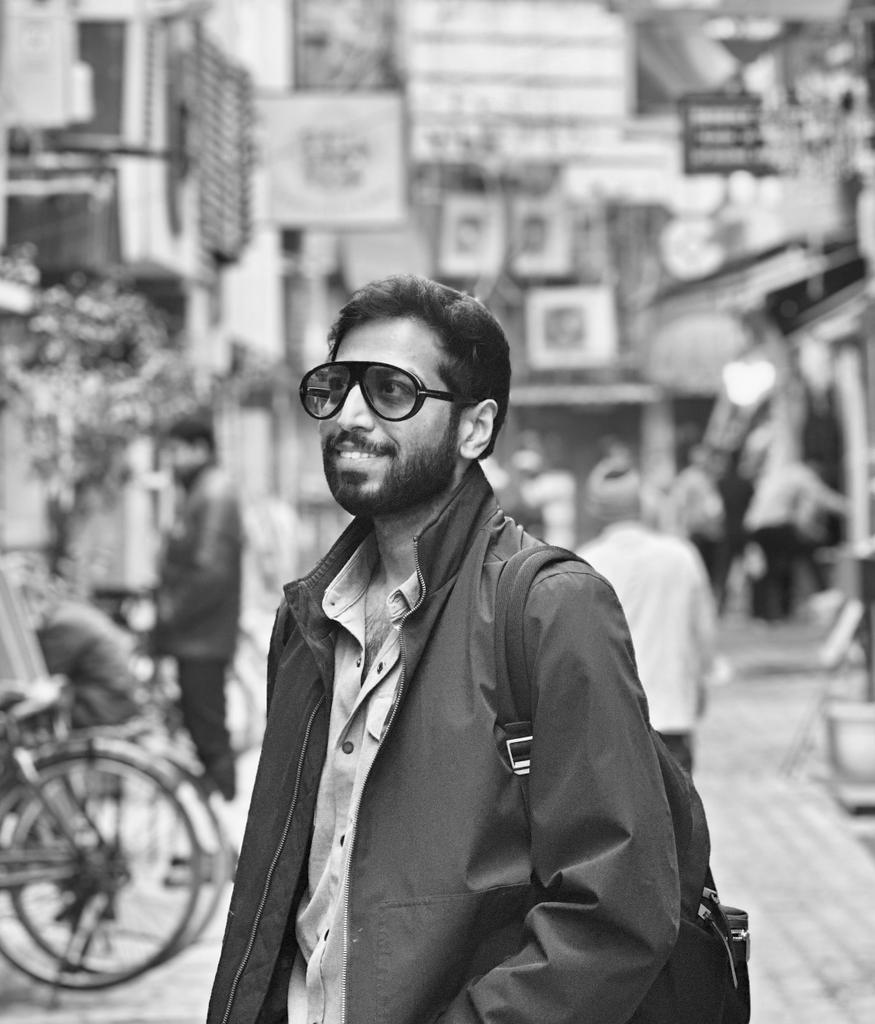
Anipanion helped many veterinary hospitals across the United States overcome operational challenges when the pandemic hit in 2019 and continues to be instrumental in veterinary practice workflows today. “We have integrated with many practice management systems within the veterinary care flow and are one of the top telemedicine providers in the United States,” says Nirnith. While he continues to serve as co-founder and board member, he stepped back from daily operations to give more time to his new venture, Ikiminds.
Challenges
Bringing in the first customer was the biggest challenge, a common problem for entrepreneurs. “The first one is always challenging but once you nail it – it is the leap spring which propels your venture forward,” he says.
Next came a phase of rejections. “Being aware of red flags and learning to pivot towards better things is a good practice. Allow rejections to bog you down is not,” he feels. Another hurdle was understanding the domain. Without an educational background in Biology, it took Nirnith many hours of study and online learning to bring himself up to speed with the scientific elements of the business.
Future plans
Growing his companies into multi-billion dollar organizations that change the world is Nirnith’s relentless goal. “We aim to become technology partners to many more pharma organisations globally to offer end-to-end modelling and simulation services to accelerate the drug development cycle.”
Cinema and politics
Outside of entrepreneurship, Nirnith is a big movie buff who loves acting and dancing. “I was a part of two high school plays as the lead and even took acting lessons in San Diego as a weekend hobby,” he says. He also played a cameo in a Telugu movie. “I also hope one day I can act or produce a feature film. I also am very interested in politics and feel I can be of value to help my home state of Andhra Pradesh through all my learnings and skills,” says Nirnith, who is the Regional Vice President of North American Telugu Association.
If you’re wondering why Nirnith seemed familiar, it’s because his wedding was covered in Netflix’s hit reality docu-series, The Big Day’. “Of course I was not acting in that. It was a series dedicated to unveiling the multi-billion dollar wedding industry,” says the huge Star Wars fan.
The fitness freak loves to spend time with his pet, Pico. When he is not doing anything else, he loves to travel around the globe.
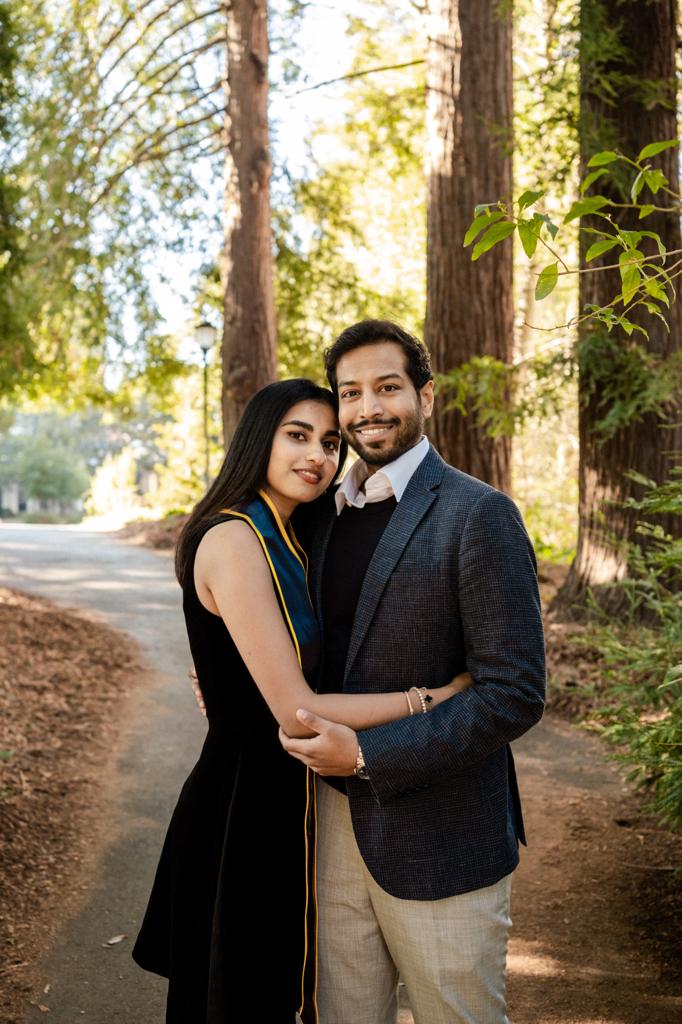
Giving Back
Nirnith also volunteered at Blue Cross and Naandi Community Water Services. “Giving back to the planet provides me with a great sense of peace. In fact, Babson College had coined a philosophy to reshape business leaders of tomorrow called the “Triple P” bottom line, (People, Planet, and Profit) which I believe is how all businesses one day should be thinking about their bottom lines,” he adds.
- Follow Nirnith on LinkedIn



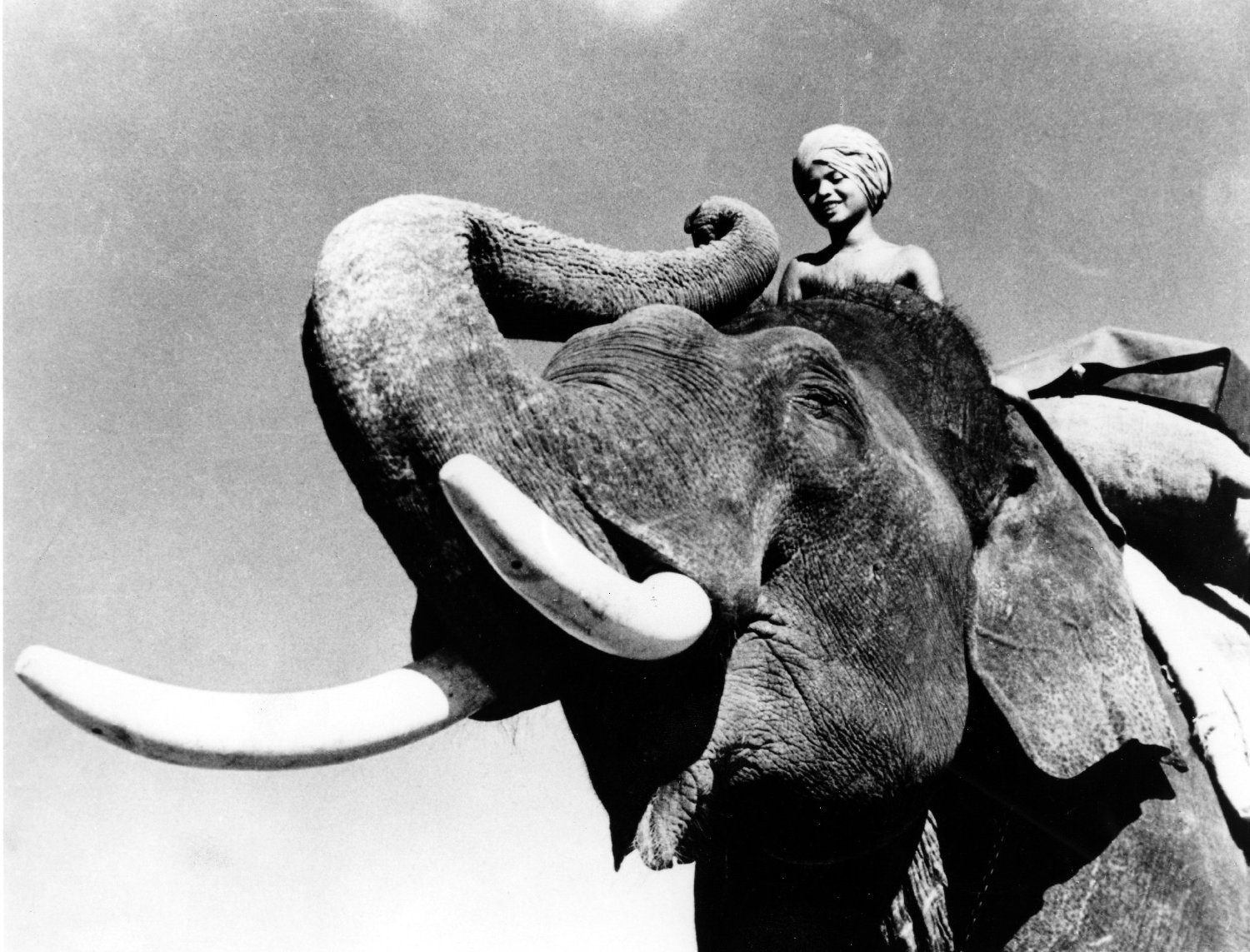 Sabu Dastagir in a still from Elephant Boy[/caption]
Sabu Dastagir in a still from Elephant Boy[/caption]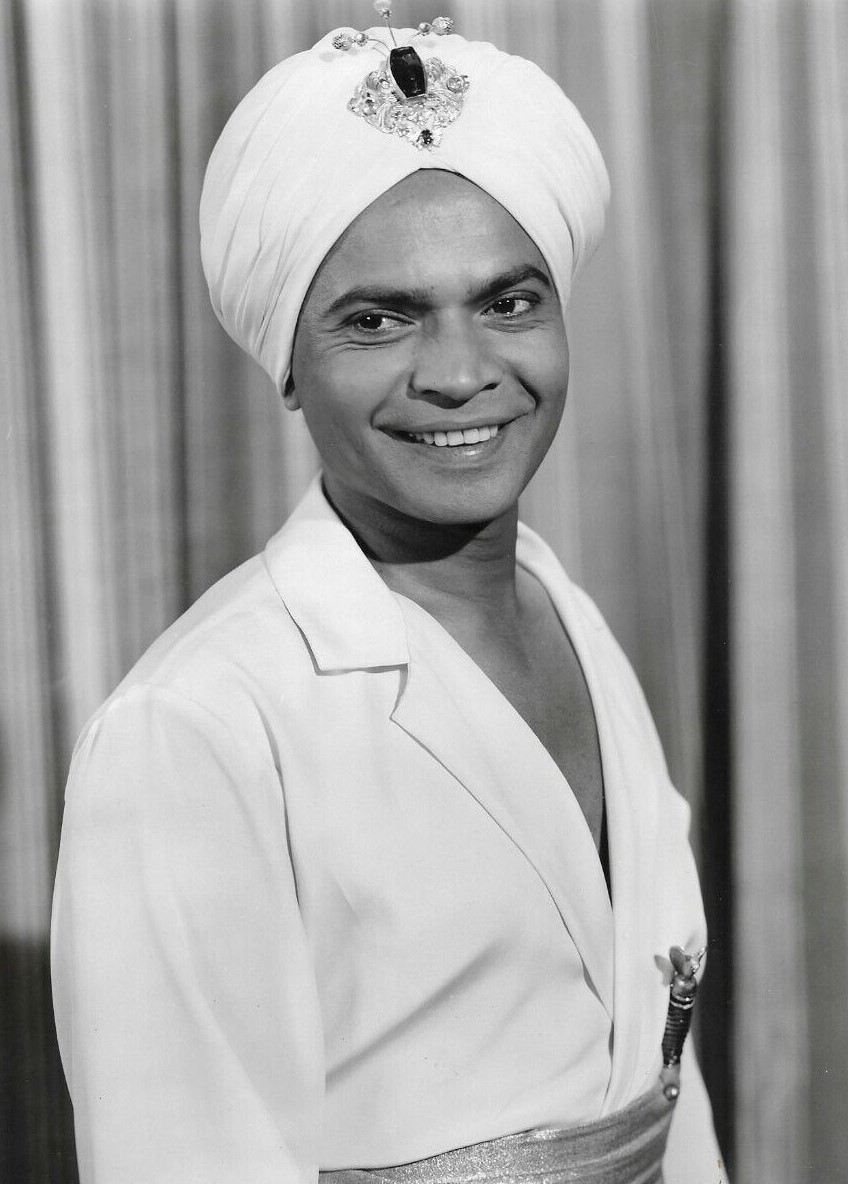
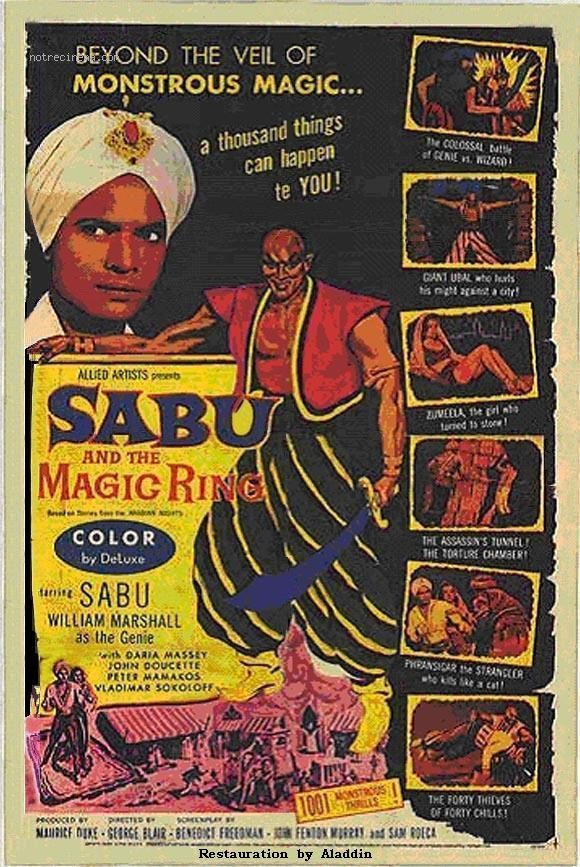 The poster of Sabu and the Magic Ring[/caption]
The poster of Sabu and the Magic Ring[/caption]
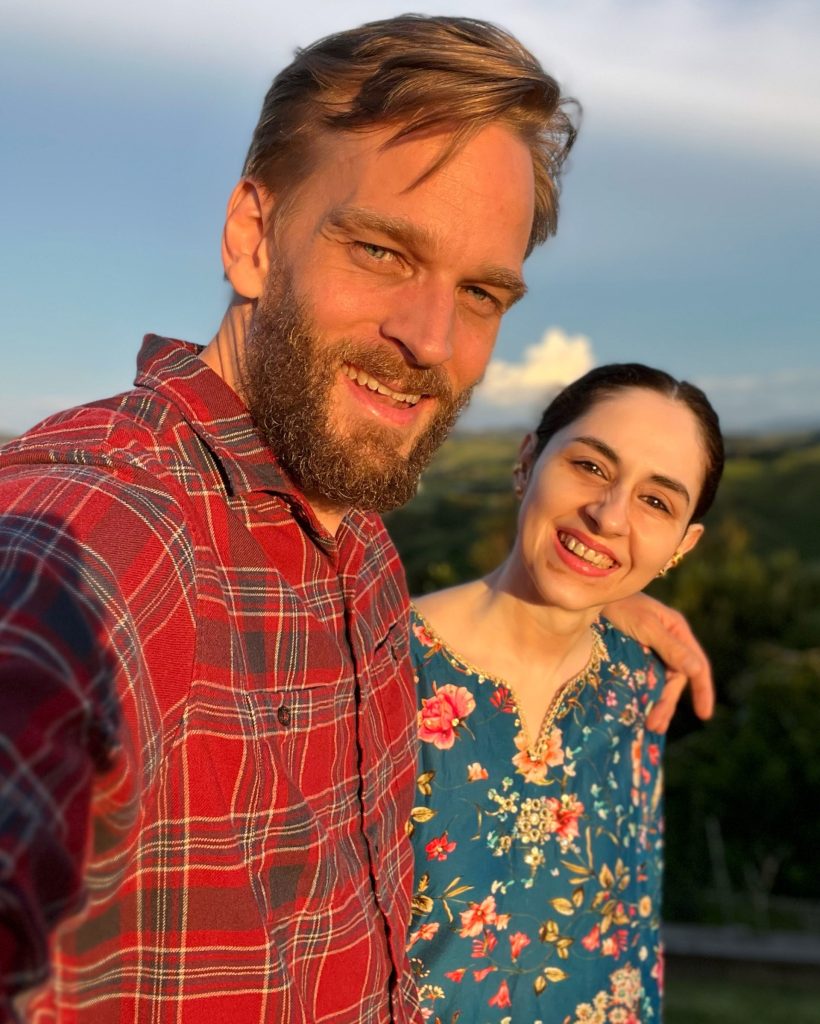
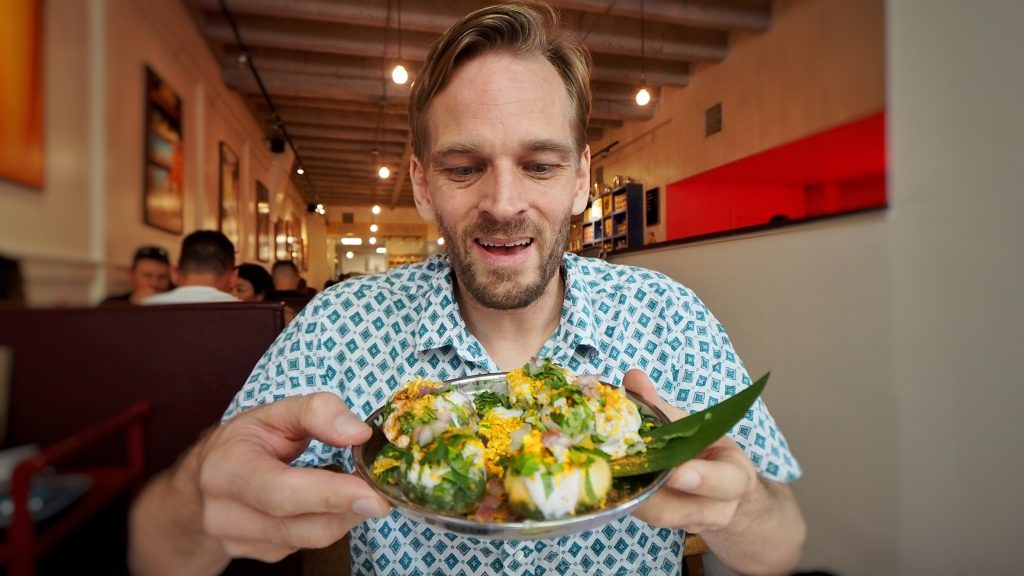
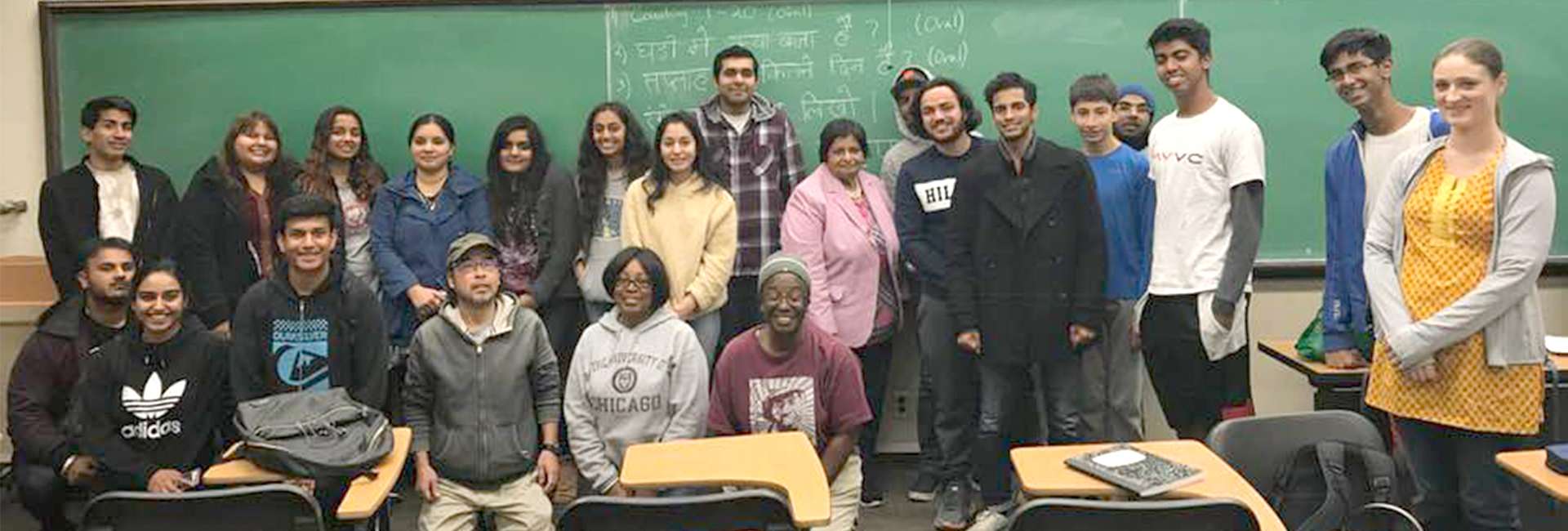
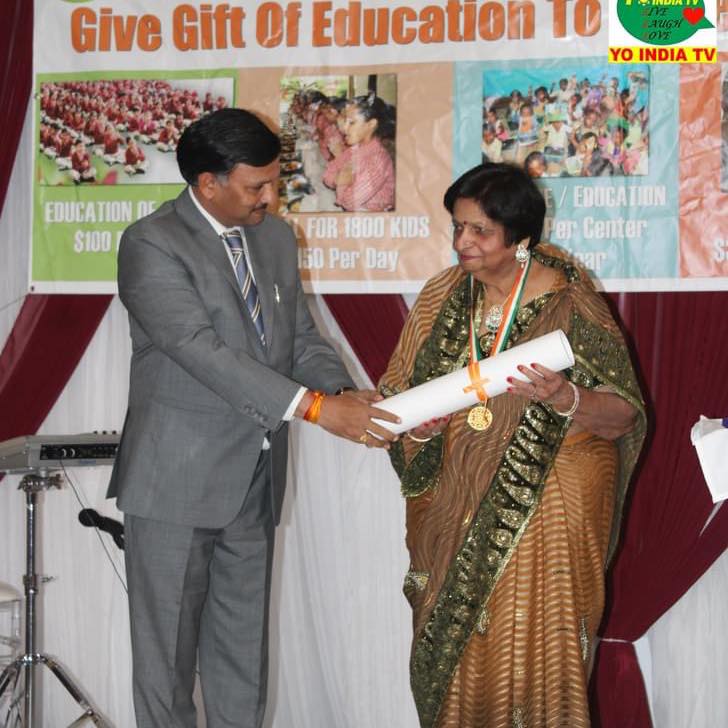 Professor Nilu Gupta receives Pravasi Bharatiya Samman from DR TV Nagendra Prasad, Consul General of India, San Francisco, California[/caption]
Professor Nilu Gupta receives Pravasi Bharatiya Samman from DR TV Nagendra Prasad, Consul General of India, San Francisco, California[/caption] Nilu Gupta at an Indian Consulate event in California[/caption]
Nilu Gupta at an Indian Consulate event in California[/caption]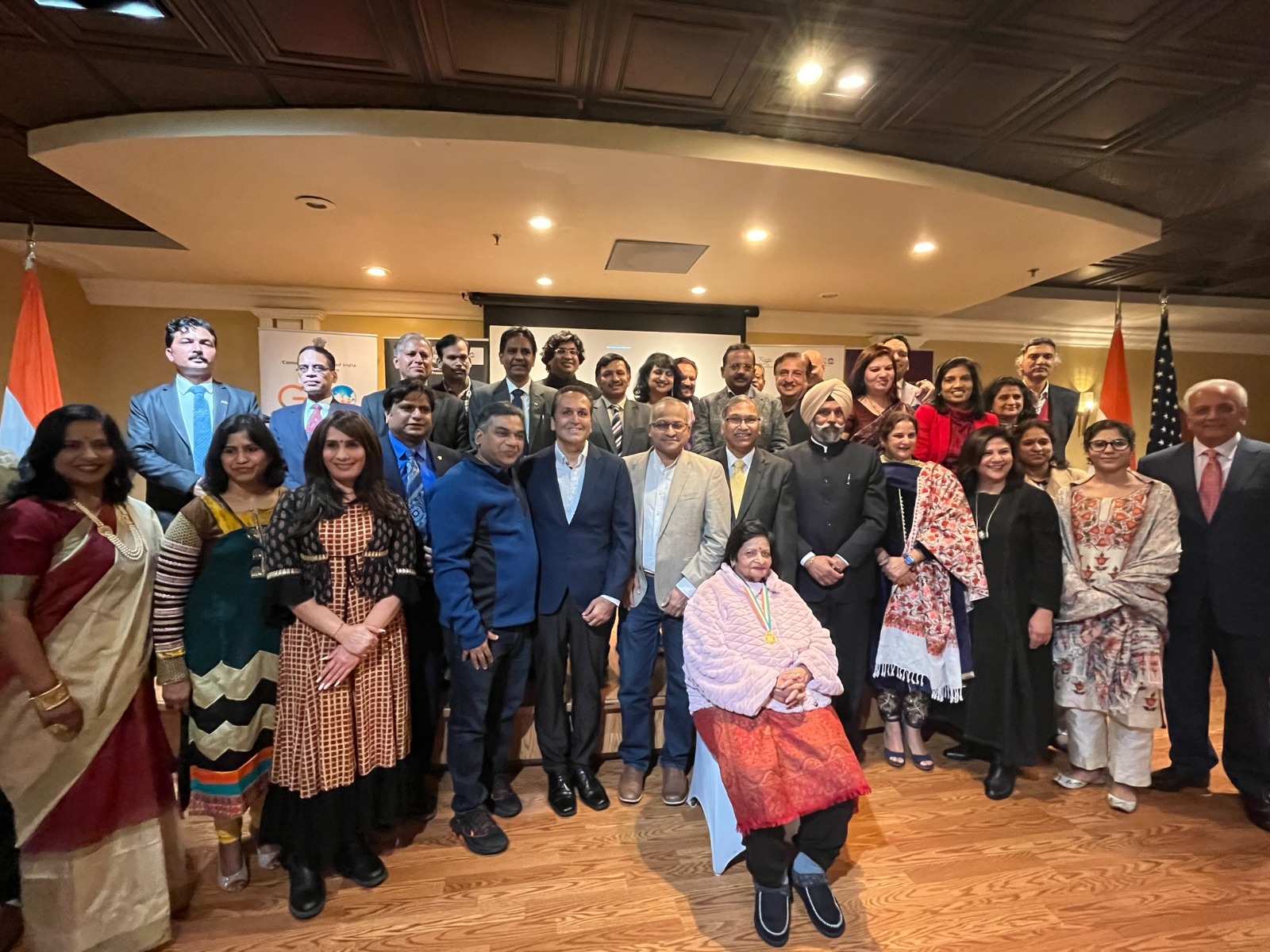 Nilu Gupta at an Indian Consulate event in California[/caption]
Nilu Gupta at an Indian Consulate event in California[/caption]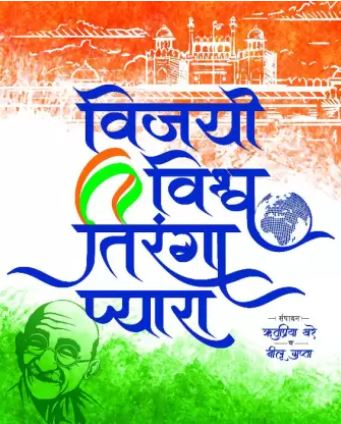 Cover image of her latest book that Professor Nilu Gupta has co-authored with Ritupriya Khare[/caption]
Cover image of her latest book that Professor Nilu Gupta has co-authored with Ritupriya Khare[/caption]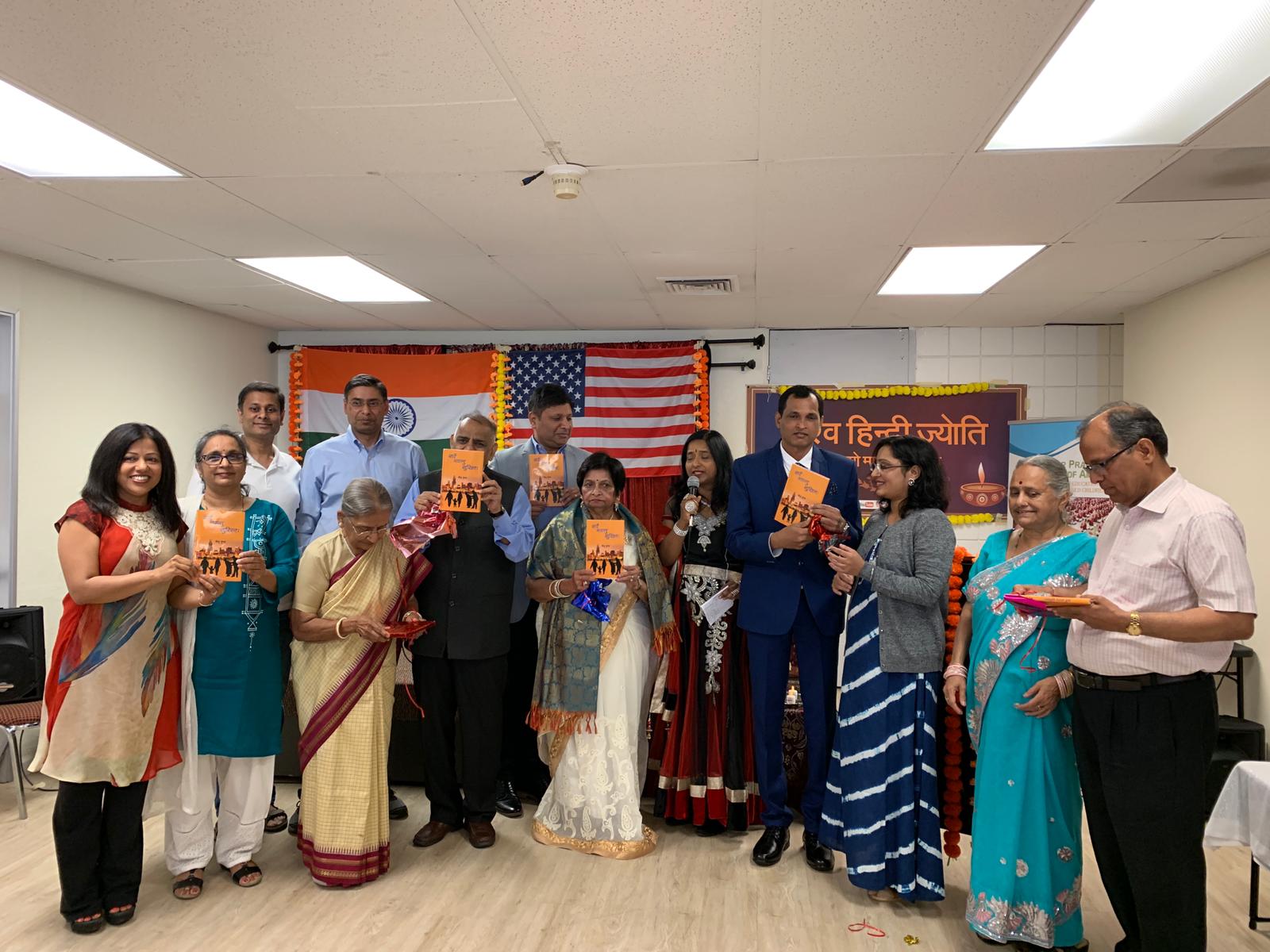 Nilu Gupta with members of Vishwa Hindi Jyoti[/caption]
Nilu Gupta with members of Vishwa Hindi Jyoti[/caption]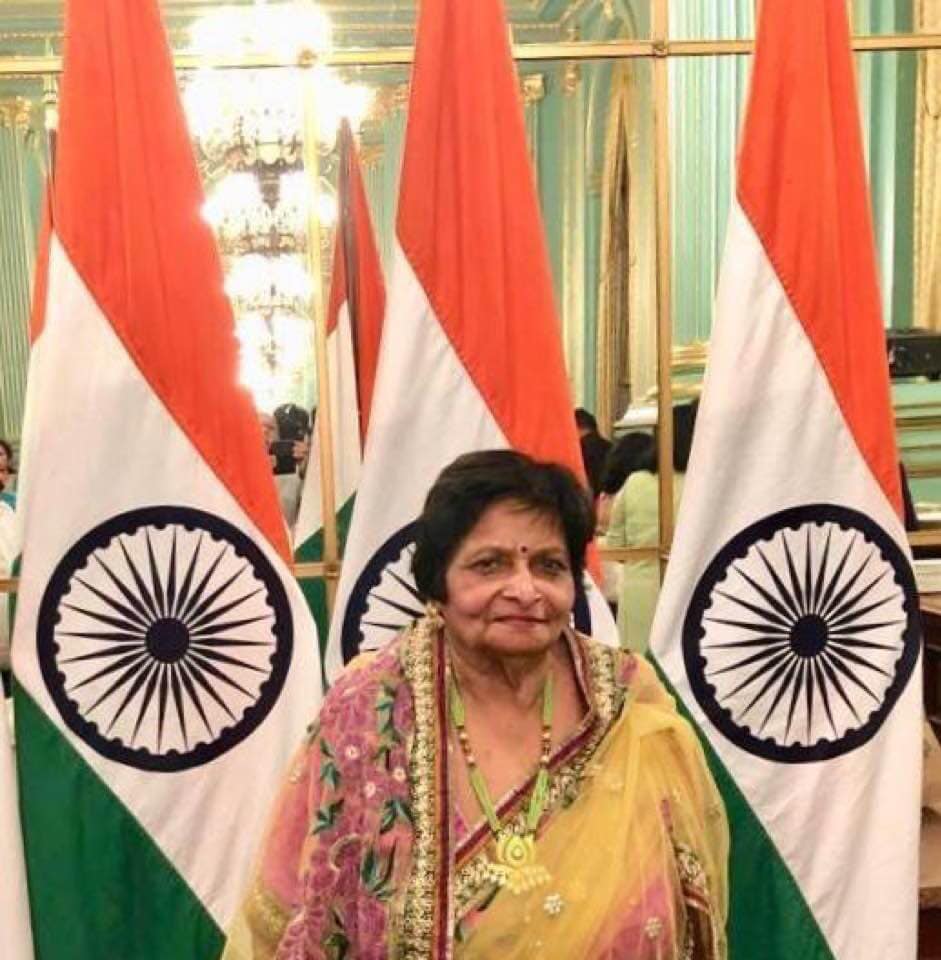

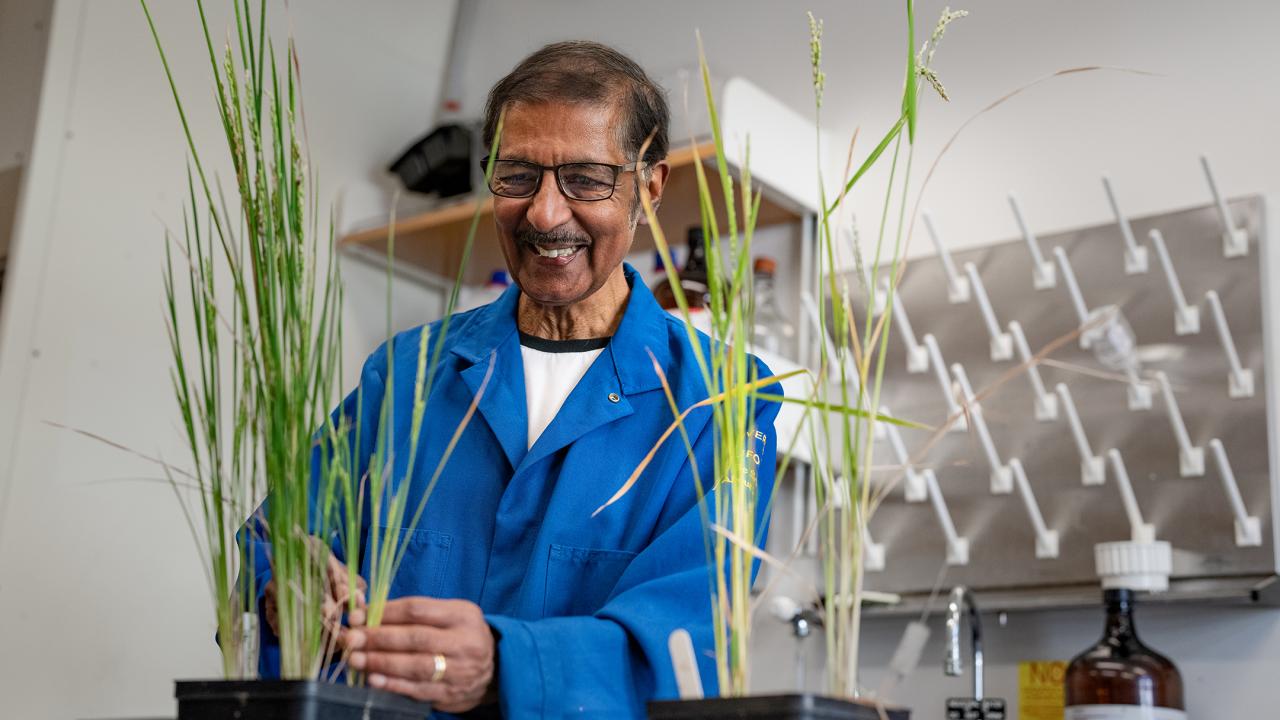 Dr Venkatesan Sundaresan in his lab | Image Credit: UC Davis[/caption]
Dr Venkatesan Sundaresan in his lab | Image Credit: UC Davis[/caption]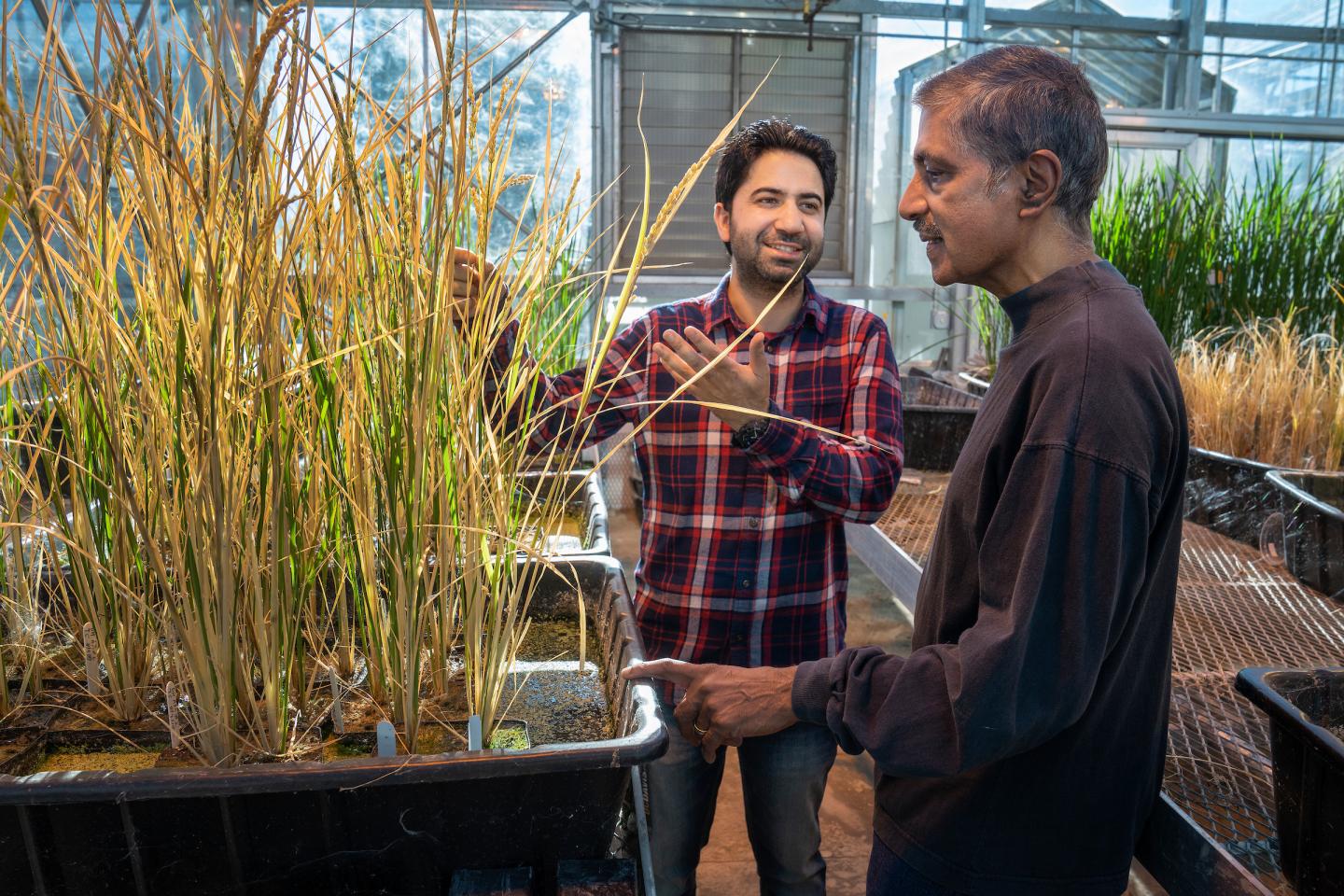
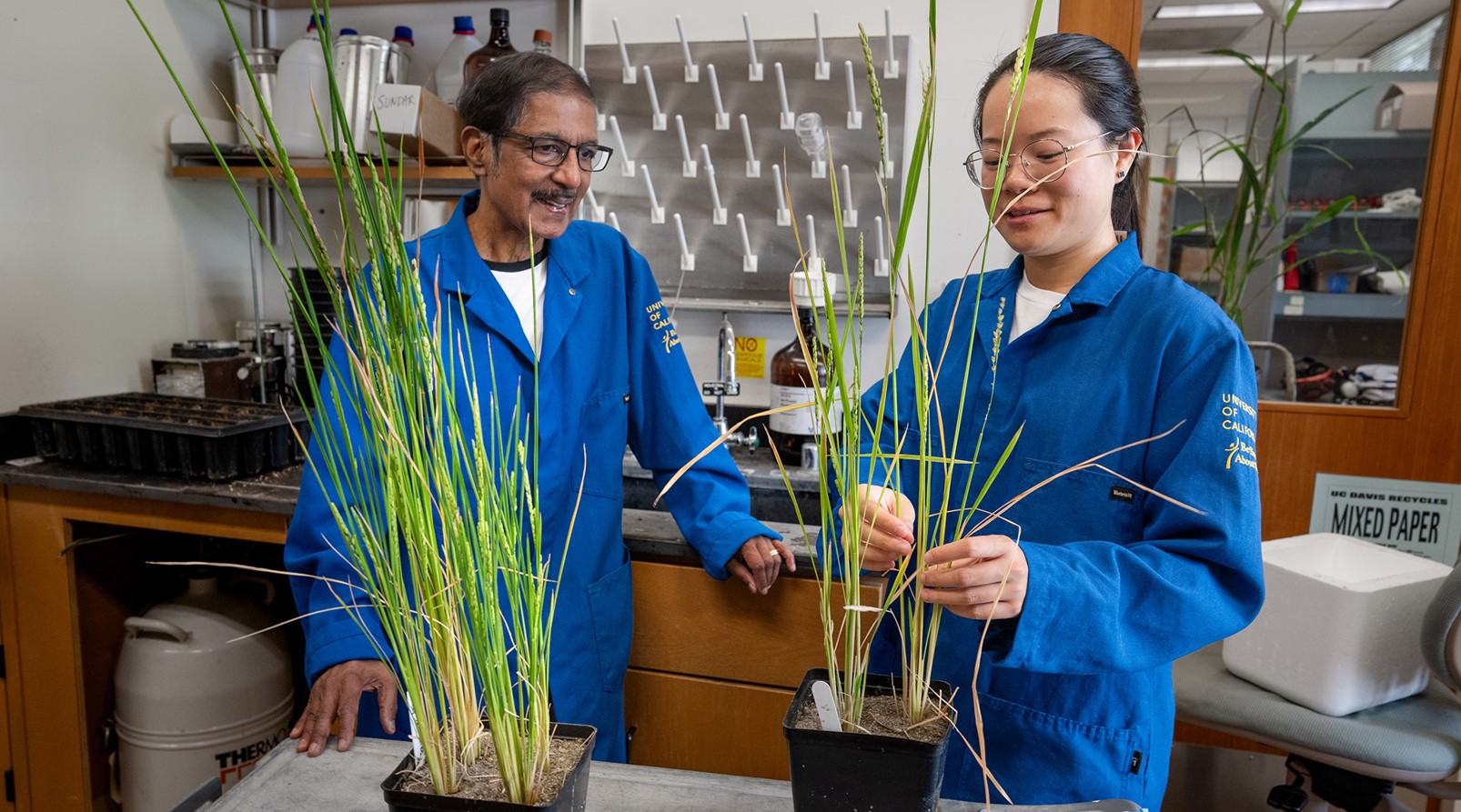 Dr Venkatesan Sundaresan with one of his research team members, Hui Ren | Image Credit: UC Davis[/caption]
Dr Venkatesan Sundaresan with one of his research team members, Hui Ren | Image Credit: UC Davis[/caption]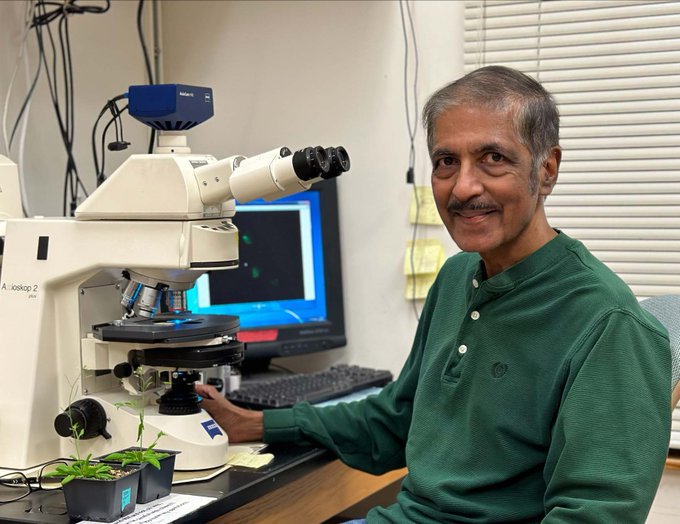 Dr Venkatesan Sundaresan[/caption]
Dr Venkatesan Sundaresan[/caption]